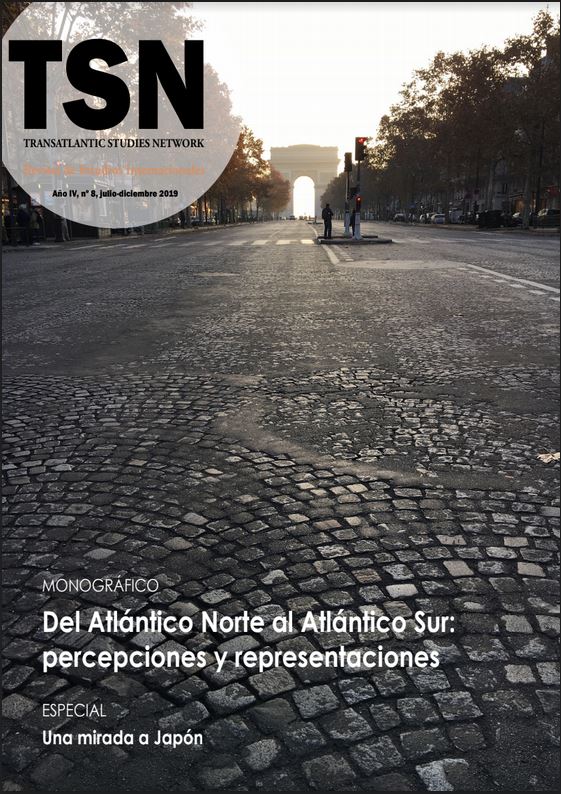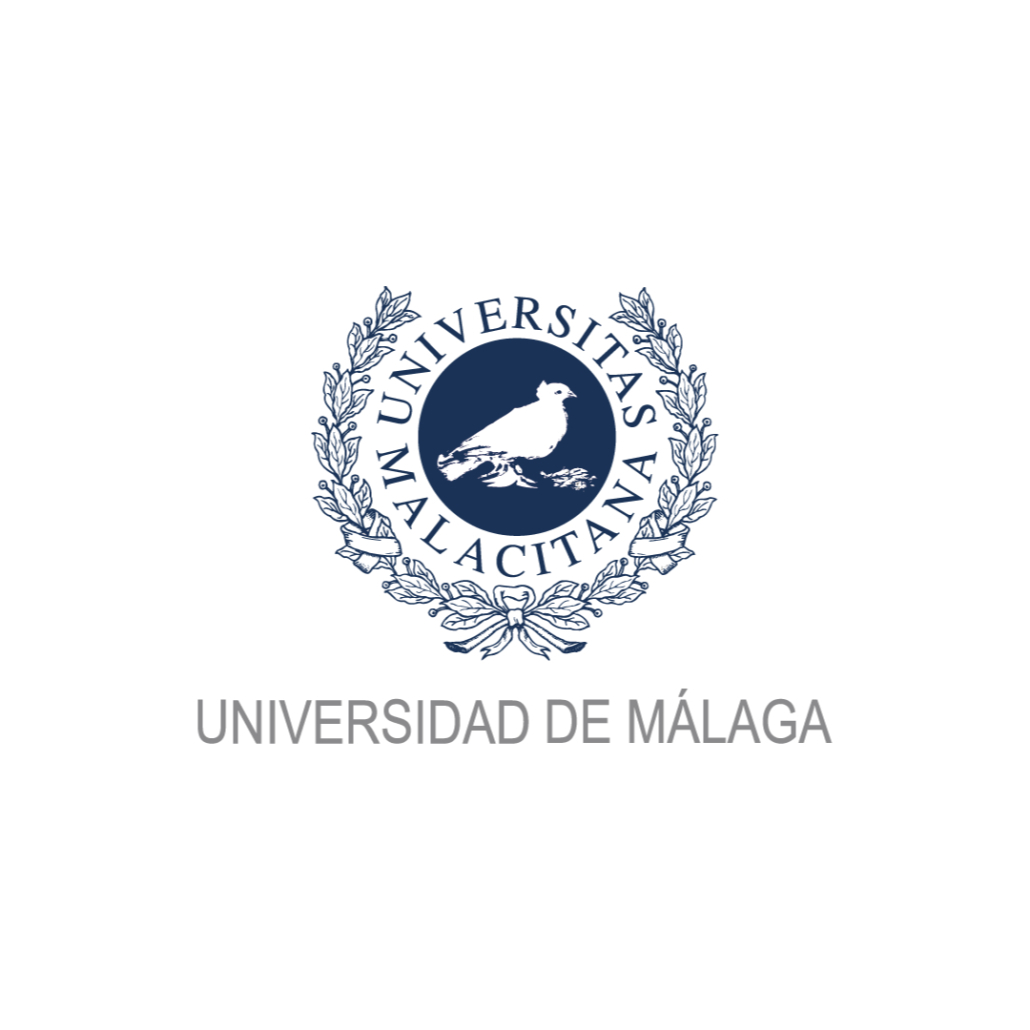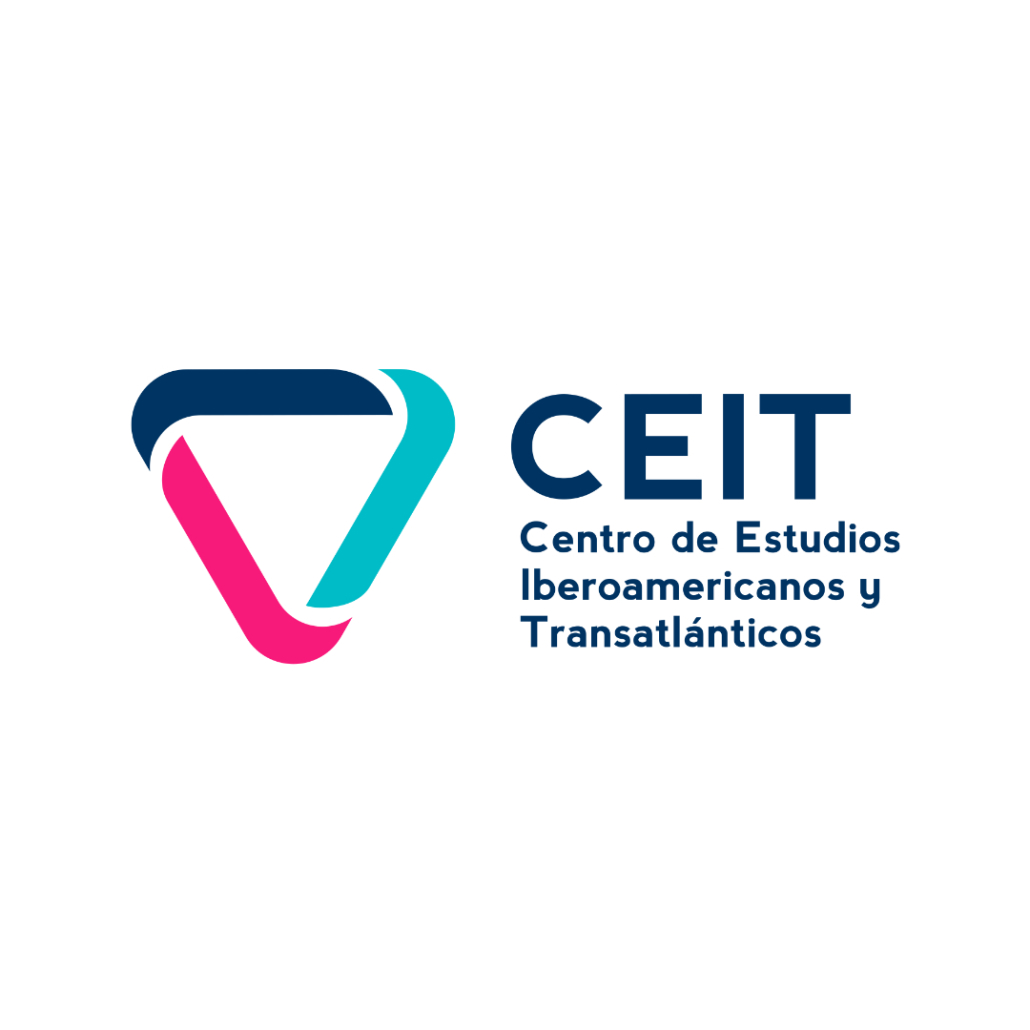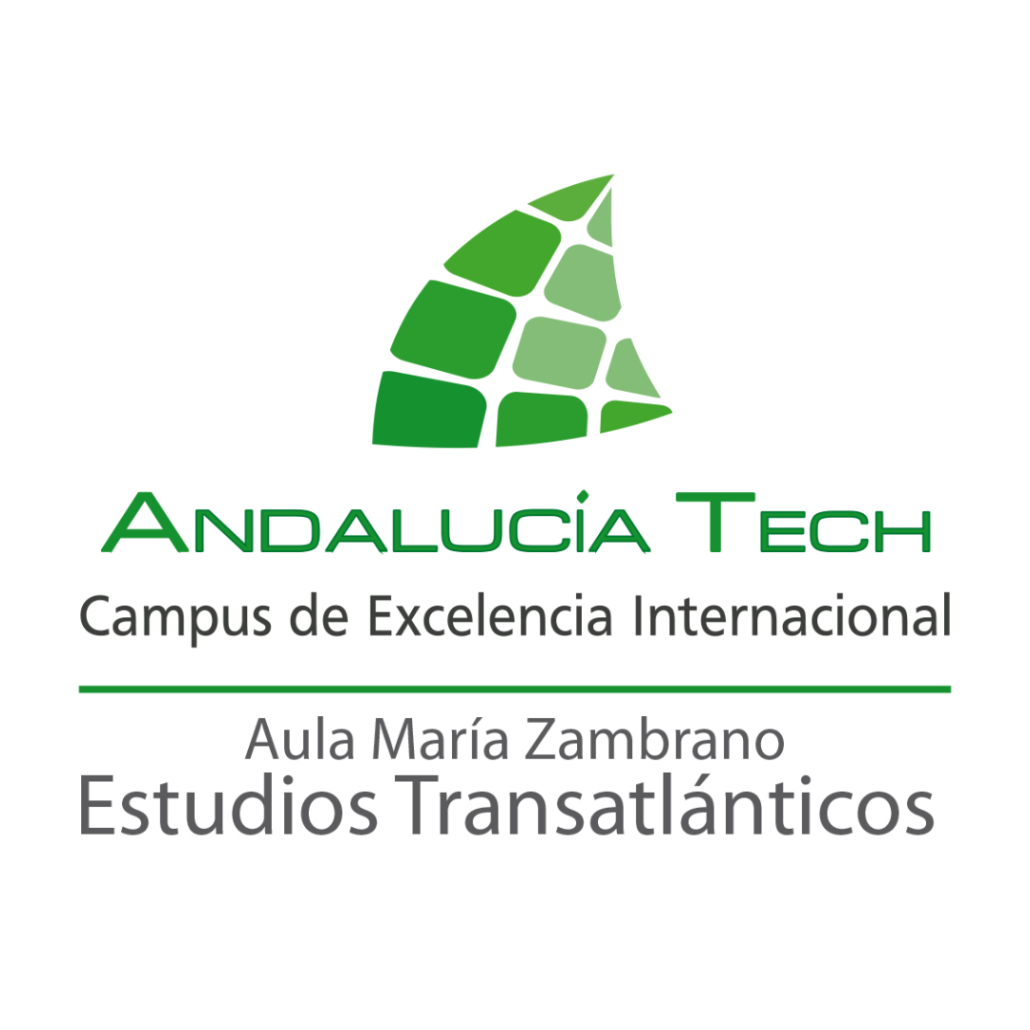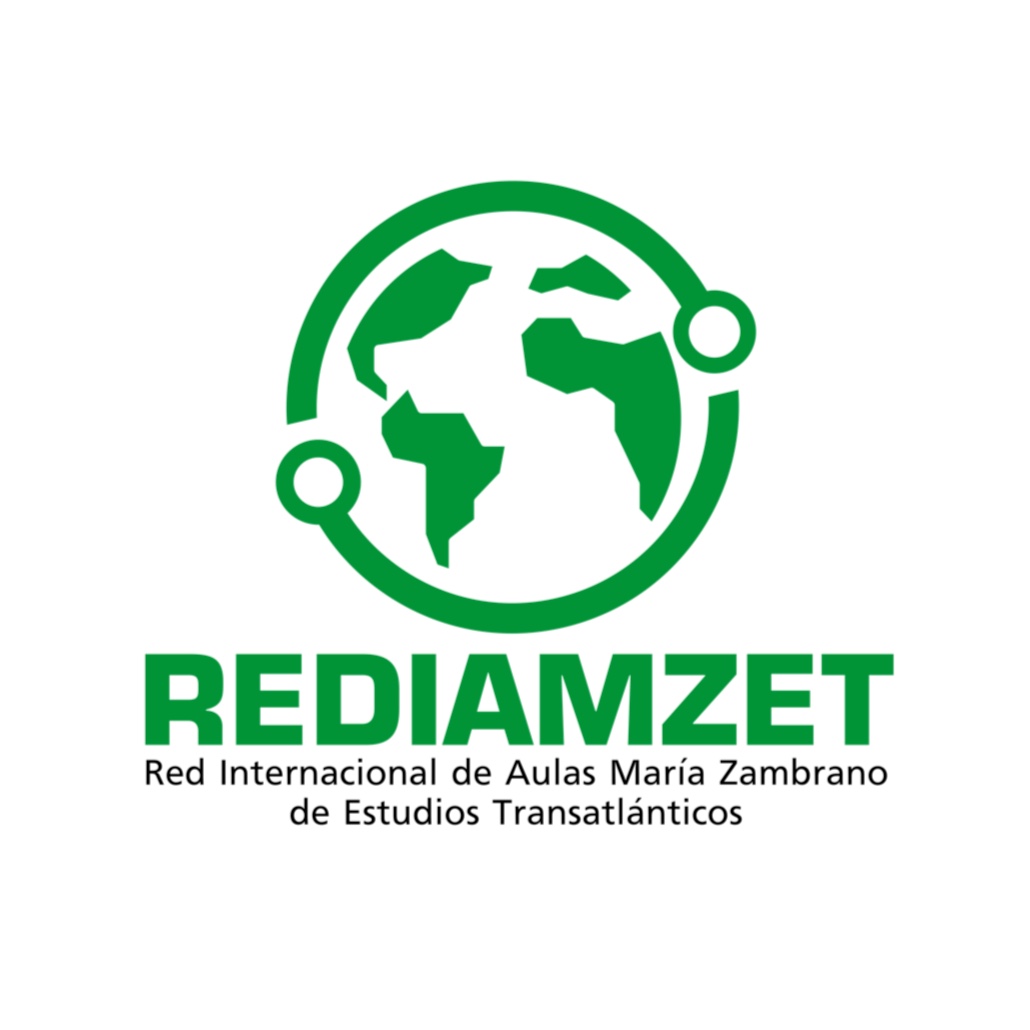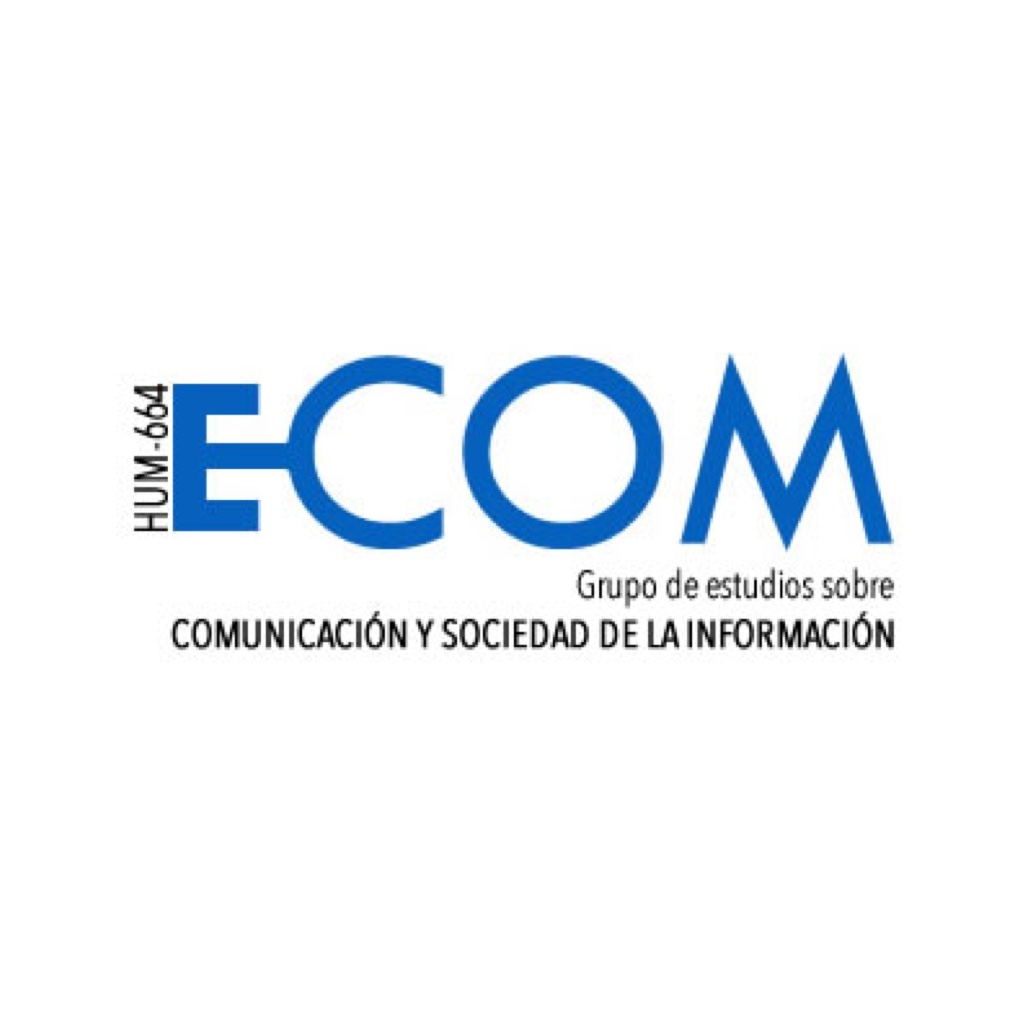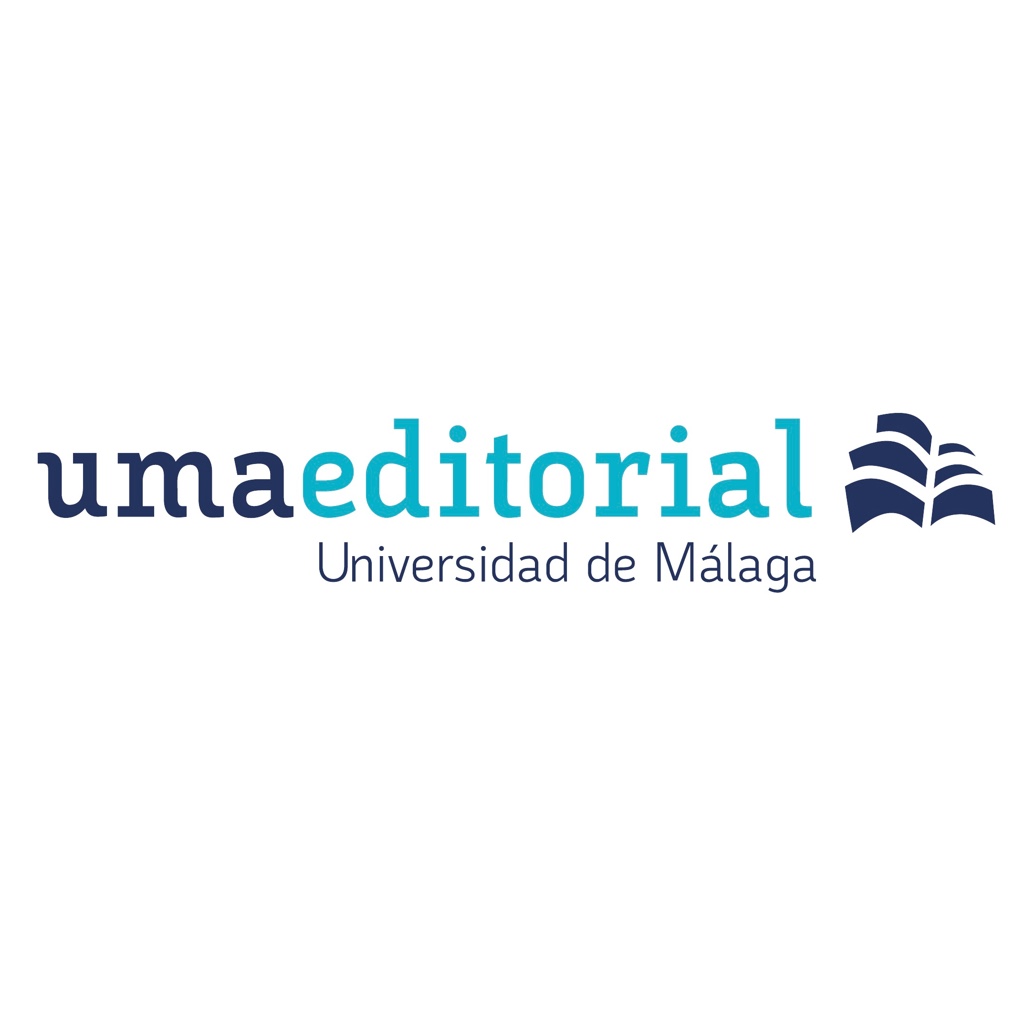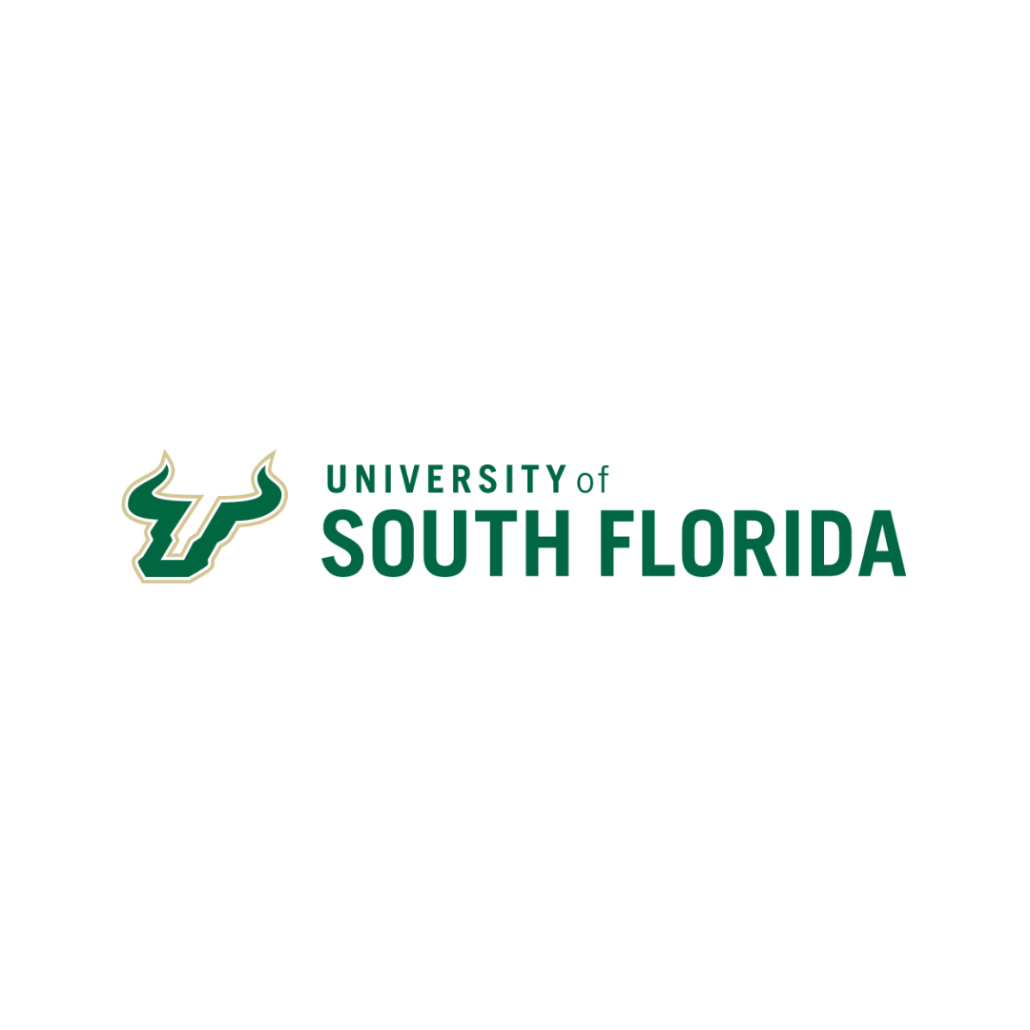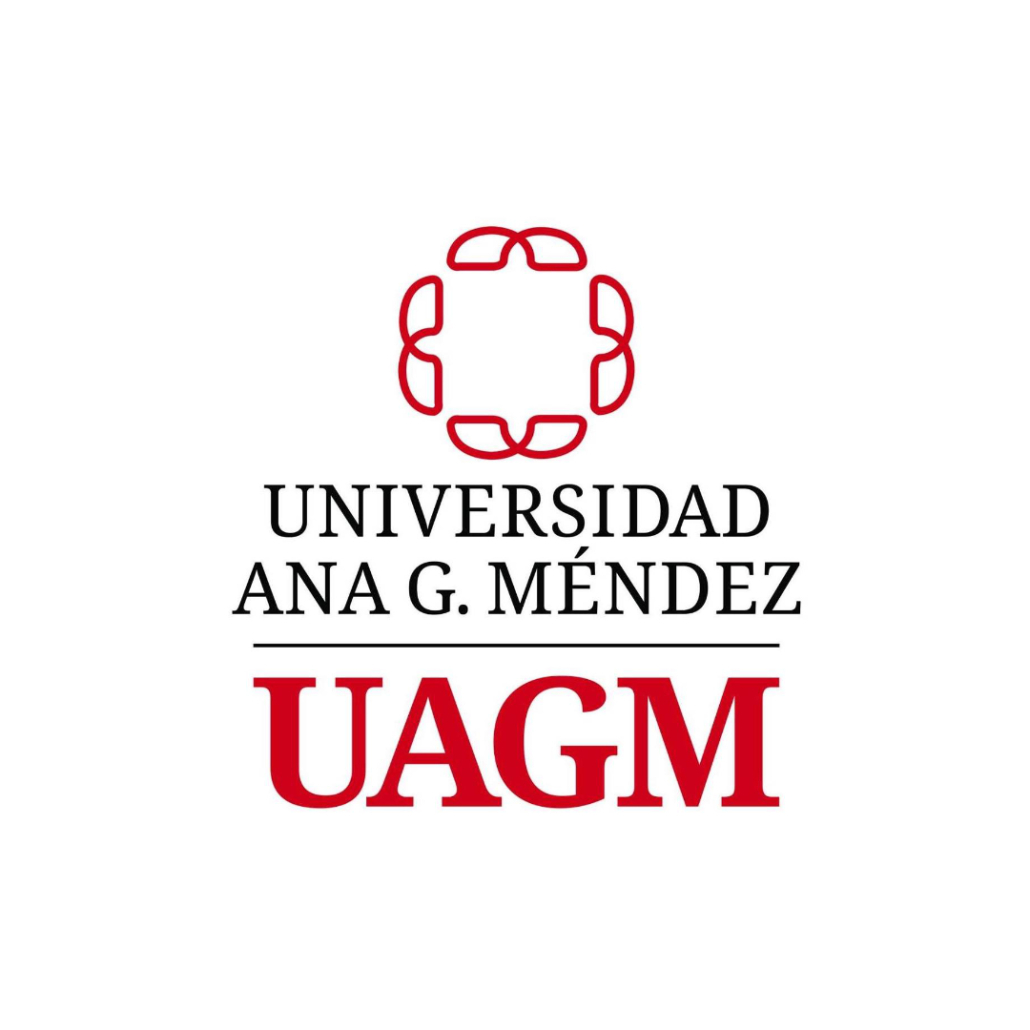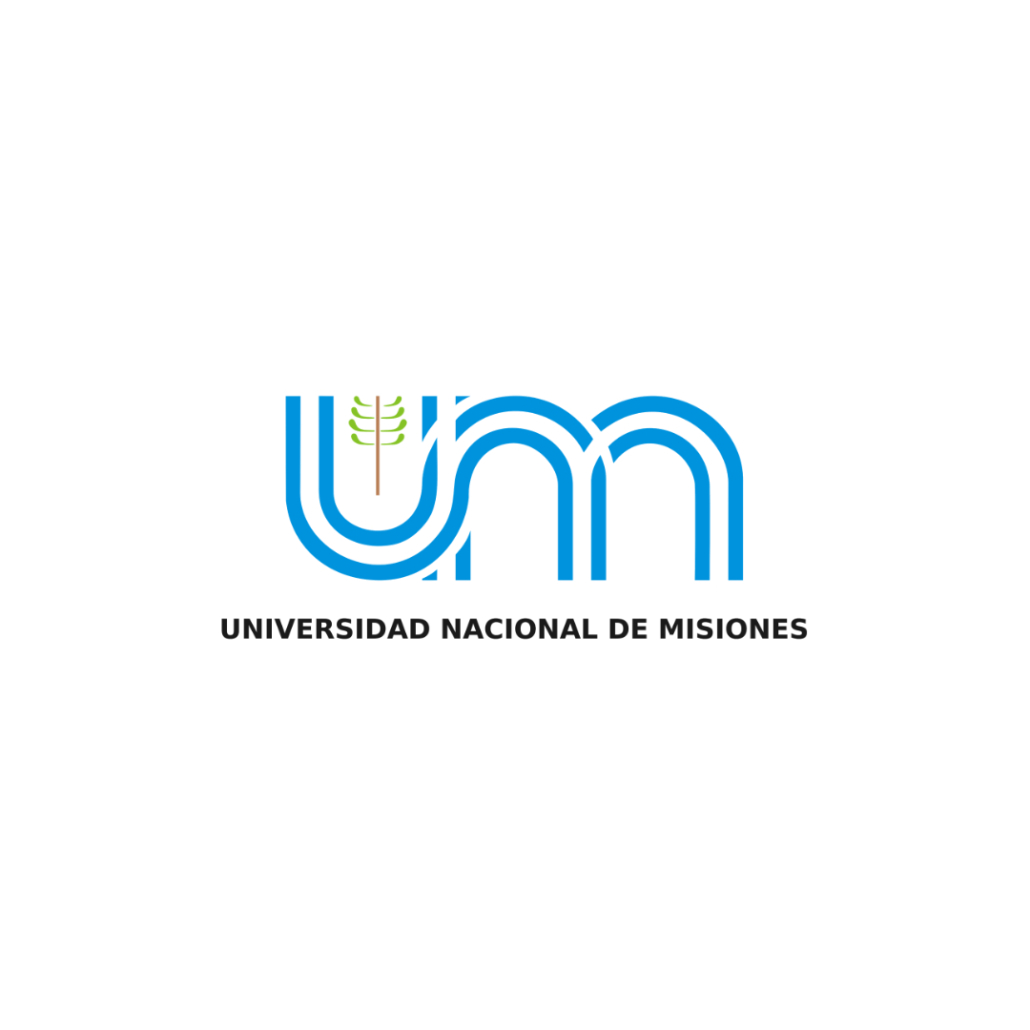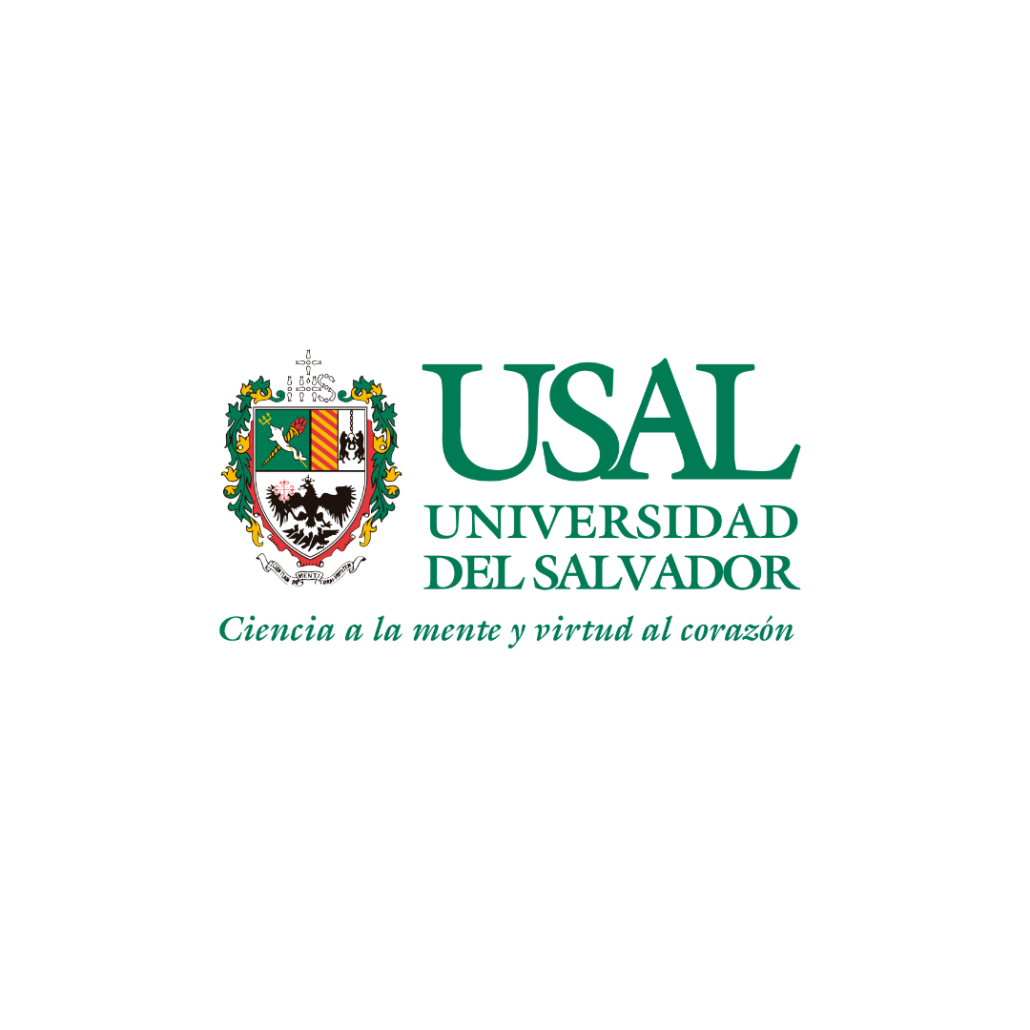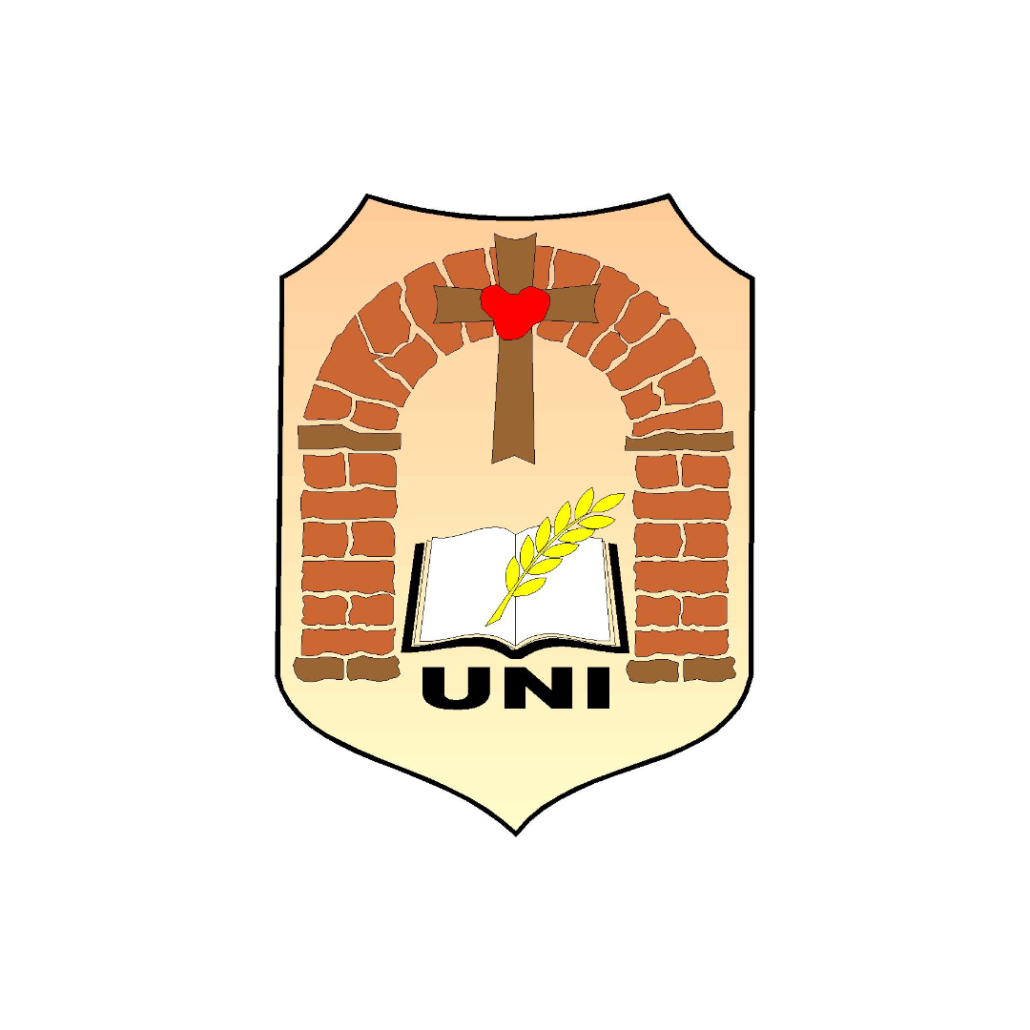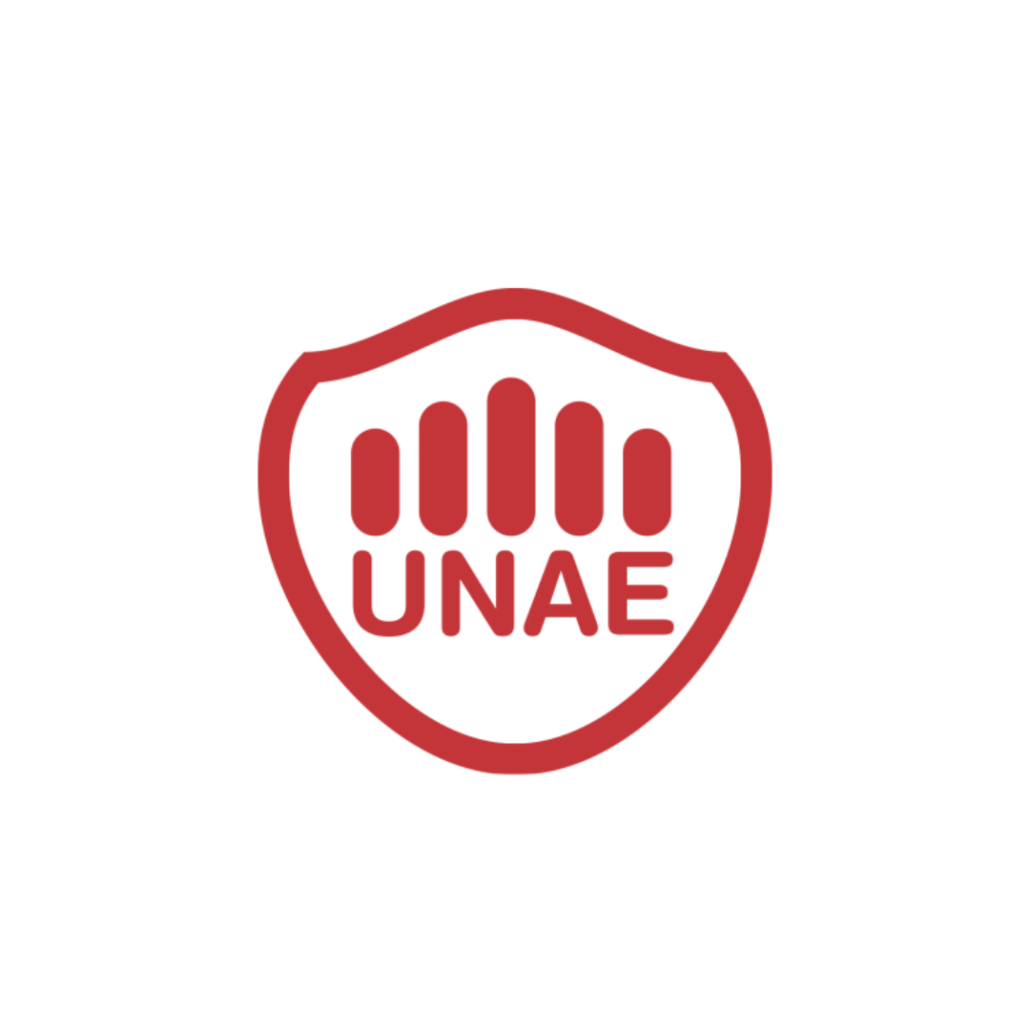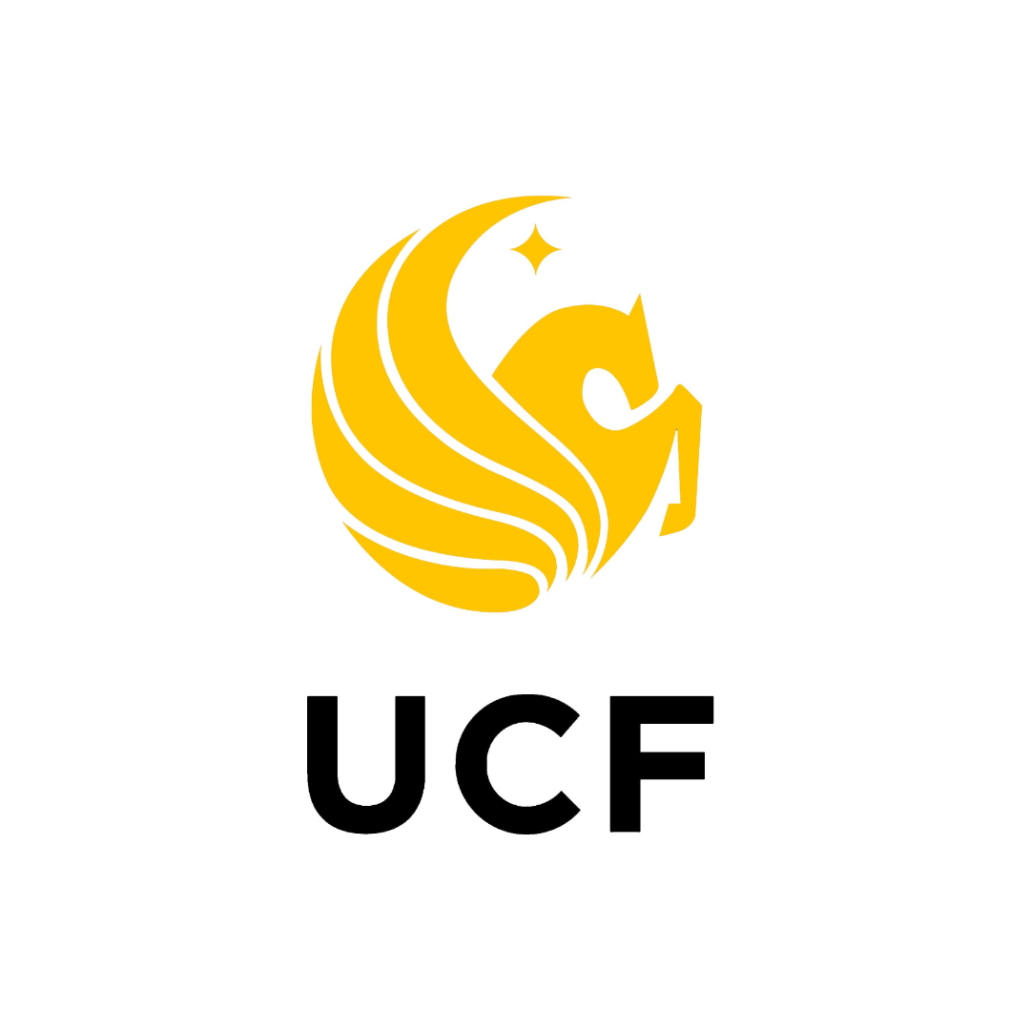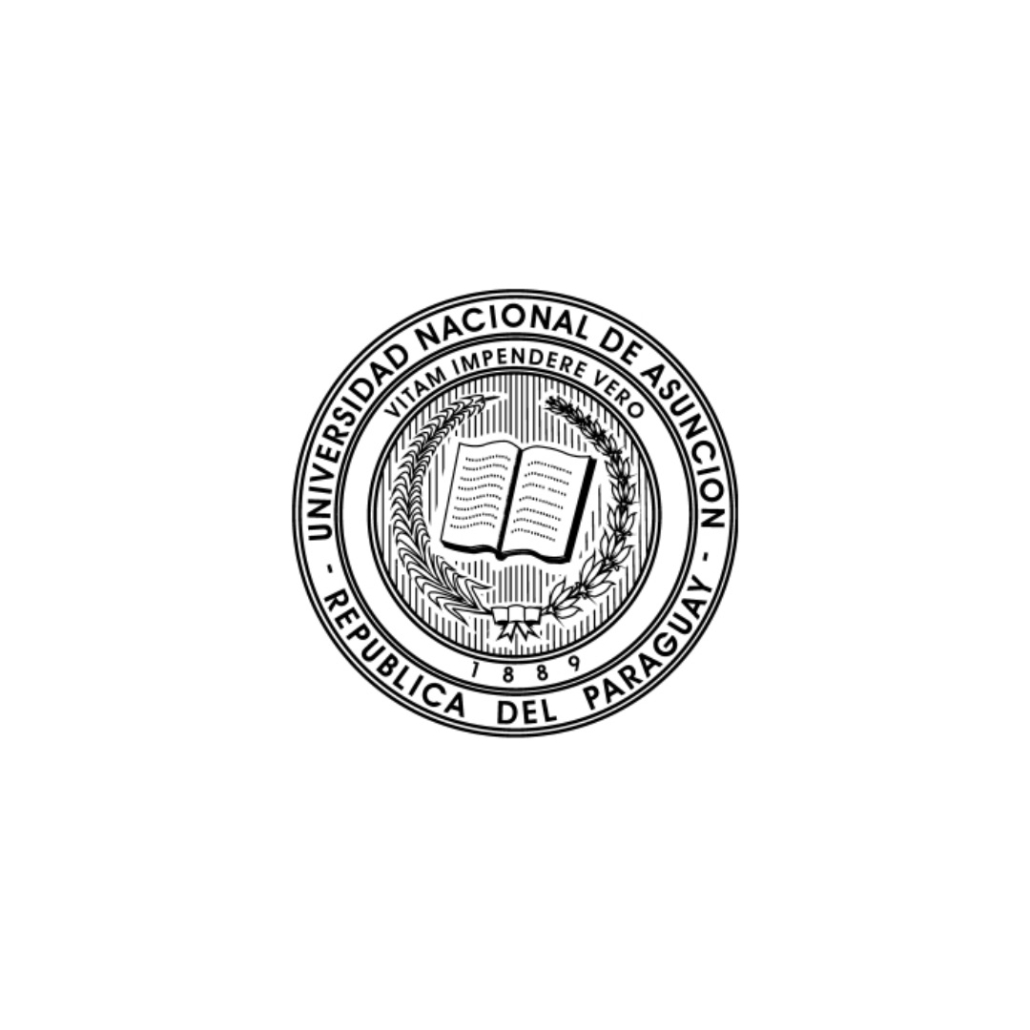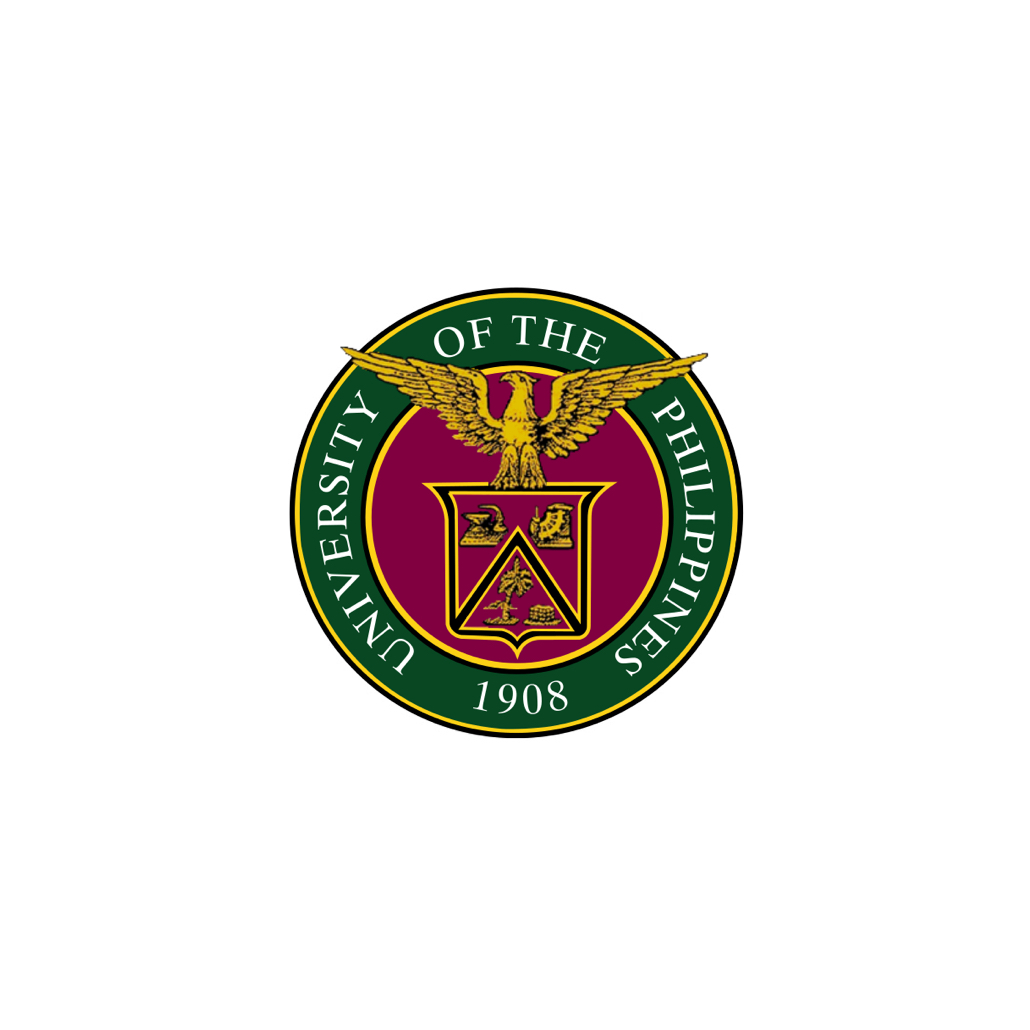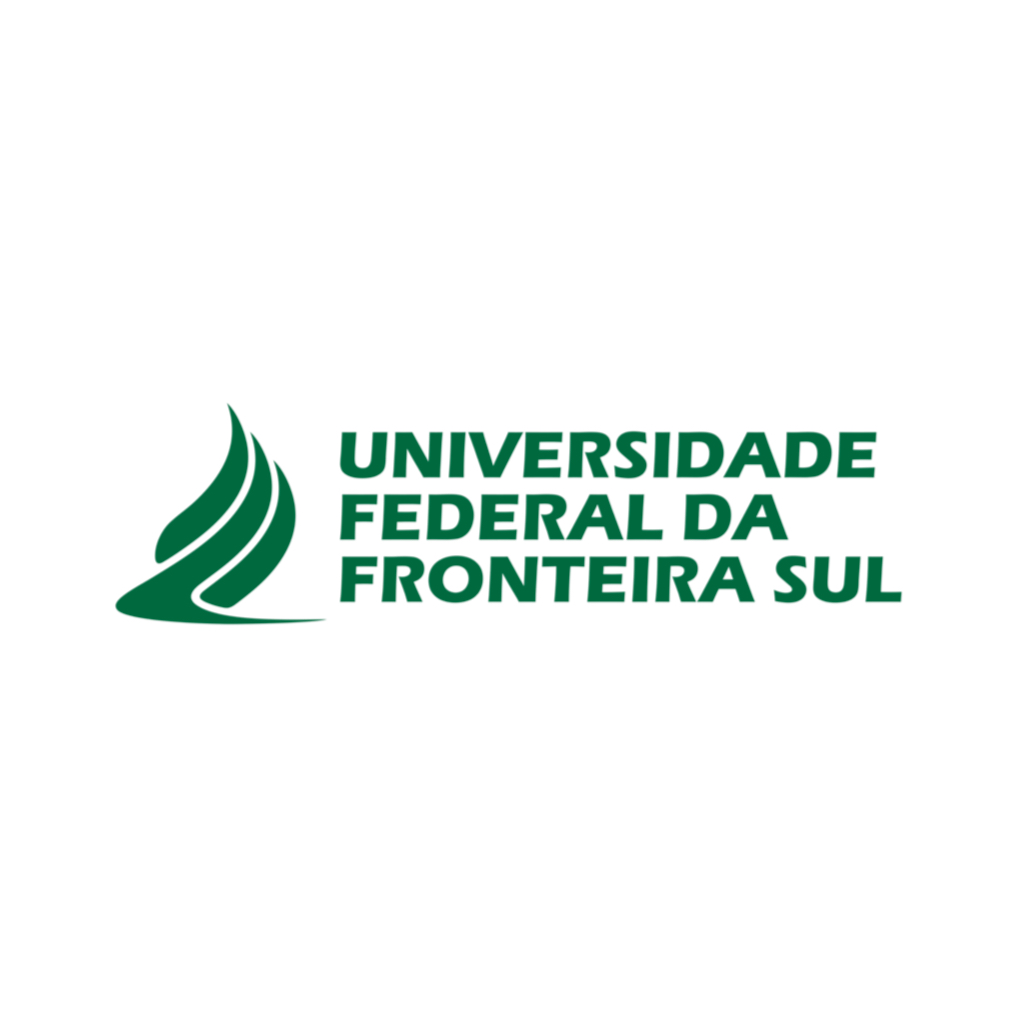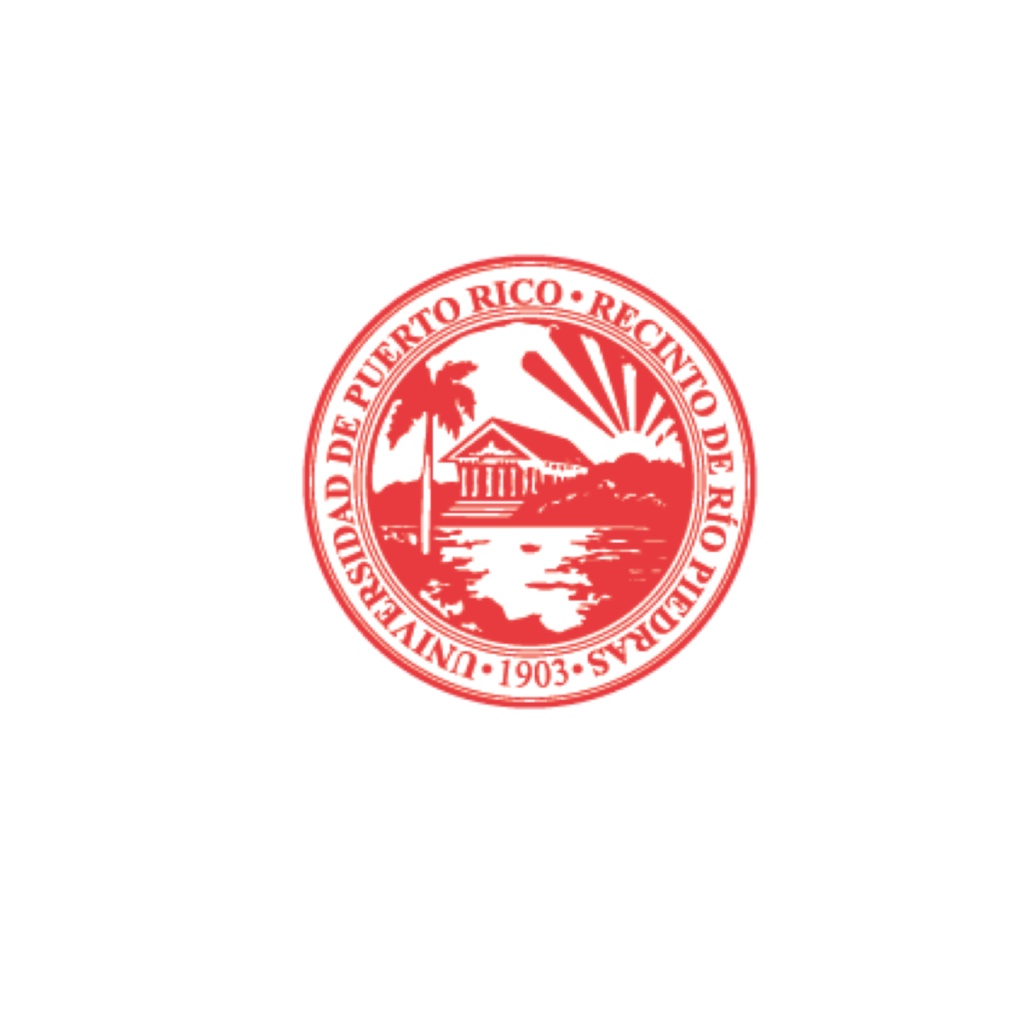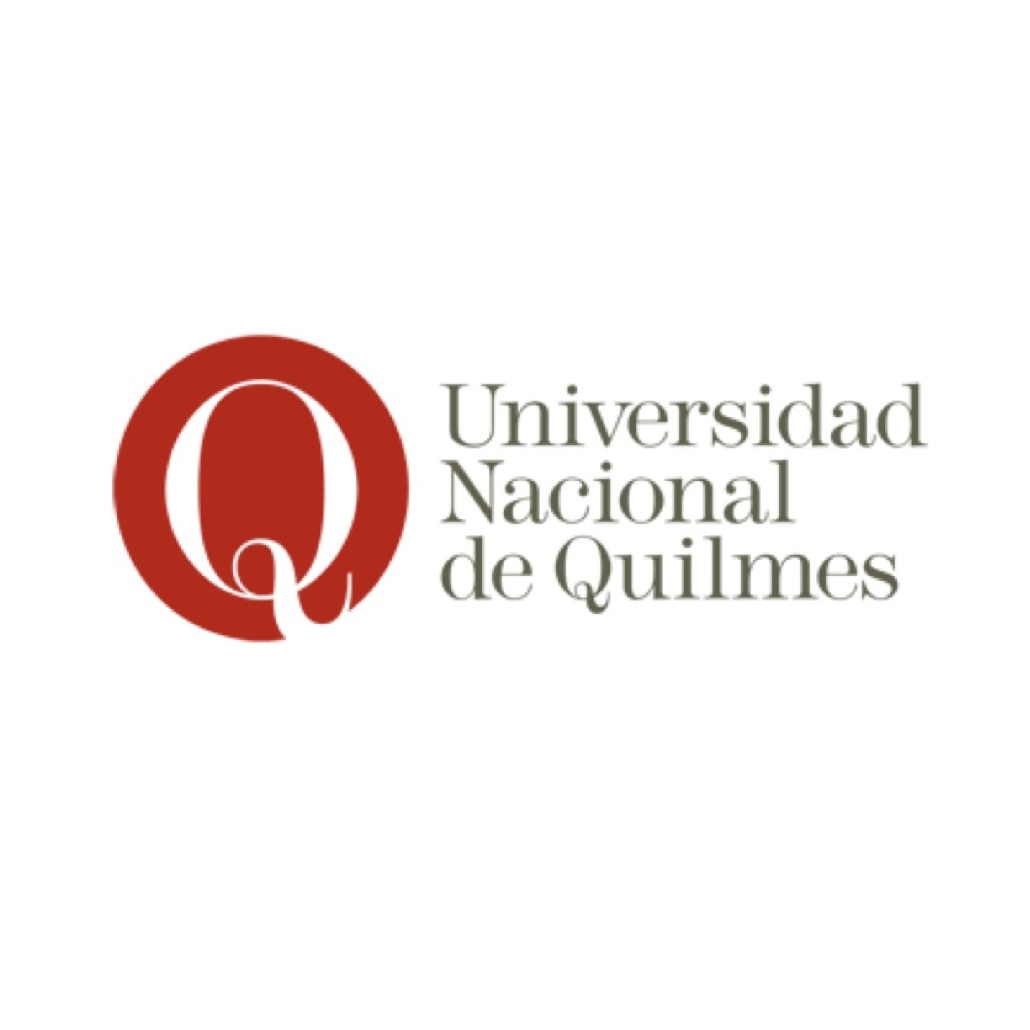The South transatlantic space, movements and influences in journalistic writing in Angola and Latin America: crónica
Keywords:
Journalism, cronica, Cuba, Angola, Garcia MarquezAbstract
Cronica, a word differently written in different varieties of Portuguese or Spanish is a truly transatlantic genre of journalism writing, in two languages originating on the Iberian Peninsula. However, the geographical background to this paper is located in the South Atlantic, in the movements and influences experienced in the territories of Colombia, Cuba and Angola, with Garcia Marquez as a model acknowledged by Cuban Enrique Núñez, and Angolan Luis Fernando. Core object of this article is the identity debate depicted in the texts, showing Cuban and Angolan societies undergoing change, and open or latent conflict in the last two decades of the 20th century and early 21st. Themes, journalistic techniques and structure of work by Enrique Núñez and Luis Fernando will be analysed, emphasizing the importance of the in/voluntary encounters of two journalists from a common transatlantic space, on a process of mutual reconnaissance. It is finally proposed in this article that the authors under scrutiny incorporate in their texts one of the features of Maria Zambrano’s work. According to the author of Claros del bosque, her writings were an author’s
true offer, a characteristic also visible in these texts.
Downloads
Metrics
References
Adorno, R. (2009): Polémicas sobre la posesión de las Indias en las letras hispanoamericanas. Taller de Letras, 45, pp. 67-80.
Castillo, R. C. (2015): «The new Latin American journalistic crónica, emotions and hidden», Global Media Journal, 9 (2), pp. 1-12. Obtido de https://researchbank.rmit. edu.au/eserv/rmit:34178/n2006056651.pdf
Cottle, S. (2006). «Mediatized rituals: beyond manufacturing consent», Media, Culture & Society, 28 (3), pp. 411-432. Obtido de https://journals.sagepub.com/ doi/pdf/10.1177/0163443706062910
—(2009): «Journalism and Globalization», em K. Wahl-Jorgensen & T. Hanitzsch, The Handbook of Journalism Studies, pp. 341-356. New York: Routledge.
De Gómara, F. L., & Garcilaso, I. (s. d.). La historia general de las Indias y nuevo mundo... [Fragmentos]. Ob- tido em 12 de junho de 2019, de Biblioteca Virtual Miguel de Cervantes: http://www.cervantesvirtual. com/obra-visor/la-historia-general-de-las-indias-y- nuevo-mundo-fragmentos--0/html/
Einadi, B., Rifaat, A. R. & Labarca, M. (fevereiro de 1996): Gabriel García Márquez. El oficio de escritor (entrevista). Obtido de Correo de la UNESCO. Un solo mundo, voces múltiples: https://es.unesco.org/courier/febrero-1996/ gabriel-garcia-marquez-oficio-escritor-entrevista
Fernández, L. (25 de 3 de 2019): Cuba: ¿Otro «Período Especial»? Obtido de CubaHora: http://www.cubahora. cu/economia/cuba-otro-periodo-especial
Fernando, L. (2014a): Um Ano de Vida. Luanda: Mayamba.
—(2014b): Dois Anos de Vida. Luanda: Mayamba.
—(2014c): Três Anos de Vida. Luanda: Mayamba.
—(3 de maio de 2017): Angola a votos pela 4a vez. Obtido de Tornado: https://www.jornaltornado.pt/angolavotos-pela-4a-vez/
Godinho, V. M. (2008): A Expansão Quatrocentista Portuguesa. Lisboa: Publicações D. Quixote.
Gomes, M. (20 de dezembro de 2018): «Bolsas de estudo custam 60 milhões». Obtido de Jornal de Angola: https://www.pressreader.com/
González, D. (23 de fevereiro de 2017): ¿Cómo son las elecciones en Cuba? El país se encuentra inmerso en el proceso eleccionario que concluirá en abril de 2018. Obtido de Granma: http://www.granma.cu/ elecciones-en-cuba-2017-2018/2018-02-23/como- son-las-elecciones-en-cuba-23-02-2018-15-02-06
Lara Filho, E. (1990): Crónicas da Roda Gigante. Porto: Edições Afrontamento.
MPLA. (s. d.): Programa de Governo/Programa Eleitoral 2017-2022. Obtido de MPLA: http://www.mpla.ao/ eleicoes.1/programas.4.html
Núñez, E. (2013): Enrique al desnudo, T. Pinilla (ed.). Columbia, SC: Palmaescrita.
—(2014): El vecino de los bajos. 99 «Nuevas» Crónicas. Enrique Núñez Rodriguez. Juventud Rebelde 1987-2002, T. Pinilla (ed.). La Habana: Ediciones Unión.
Osorio, M. (outubro de 1991): Entrevista con Gabriel García Márquez. Obtido em 14 de fevereiro de 2019, de Correo de la UNESCO. Un solo mundo, voces múltiplas: https://es.unesco.org/courier/octobre-1991/entrevista-gabriel-garcia-marquez
Palau-Sampio, D. (2017): «Las identidades de la crónica: hibridez, polisemia y ecos históricos en un género entre la literatura y el periodismo», Palabra Clave, 21, doi:10.5294/pacla.2018.21.1.9
Ribas, M. C. (2013): «Por uma revisão conceitual do gênero crônica: entre a montanha e o rés do chão»,Anais do XIII Congresso Internacional da ABRALIC, pp. 1-10. Obtido de http://www.abralic.org.br/anais/ arquivos/2013_1434456426.pdf
Sims, N. (1984): The Literary Journalists. New York: Ballantine Books.
Veloso, M. (2011): José Martí — «Modernidade e Utopia», Revista Sociedade e Estado, 26, pp. 133-153. Obtido de http://www.scielo.br/pdf/se/v26n2/v26n2a08.pdf
Wahl-Jorgensen, K., & Hanitzsch, T. (2009): The Handbook
of Journalism Studies. New York: Routledge.
Wheeler, D., & Pélissier, R. (2016): História de Angola. Lisboa: Tinta da China.
Zambrano, M. (2018): Claros del bosque. Madrid: Cátedra Letras Hispanicas.
Downloads
Published
How to Cite
Issue
Section
License
Copyright (c) 2024 TSN. Transatlantic Studies Network

This work is licensed under a Creative Commons Attribution-NonCommercial-ShareAlike 4.0 International License.

